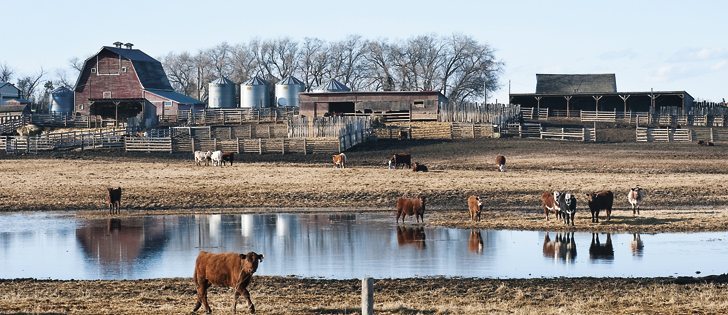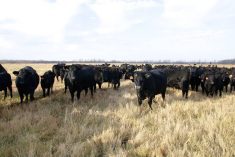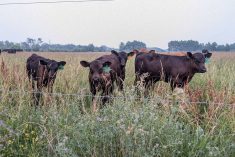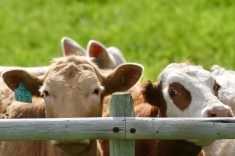The new online system is voluntary but producers are already registering
SWIFT CURRENT, Sask. — Saskatchewan has launched a voluntary online premises identification database.
Agriculture minister Lyle Stewart said premises ID, a location identifier, is an important safeguard for the livestock sector if it has to manage a disease outbreak or a natural disaster that affects livestock.
He said 1,400 cattle producers have already registered, as has the province’s entire hog industry.
“This is important for the future of the industry,” Stewart said in an interview at the Saskatchewan Stock Growers Association convention.
“Of course, the federal government is talking about next year changing the rules around movement of livestock that would require producers to be in the PID system in order to do that. If they follow through with that, it’s going to be doubly important for producers to be in.”
Read Also
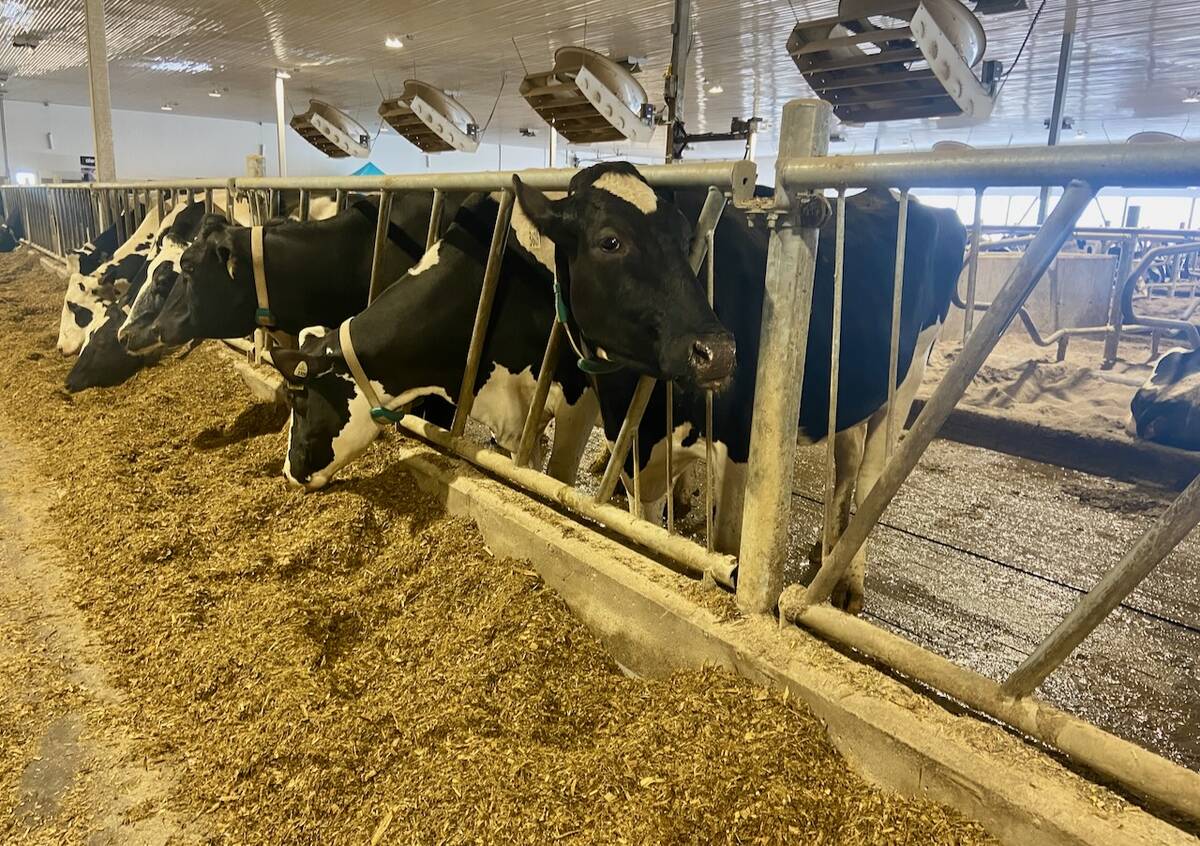
U.S. farm group supports supply management
U.S. grassroots farm advocacy group pushing new agriculture legislation that would move towards supply management like Canada has for dairy industry
The province has been working for several years to establish a system based on Alberta’s. In the meantime, many producers had entered PID numbers in the Canadian Cattle Identification Agency database, but those weren’t transferable to the new system.
The database uses a code beginning with SK for Saskatchewan, followed by seven numbers. Stewart said land locations couldn’t be used because each province doesn’t use the same method of land description.
He said it takes about 10 minutes to register in the database, and it doesn’t cost anything.
He pointed to recent forest fires in northeastern Saskatchewan that forced producers to move several hundred cattle out of the smoke.
“It would have been great to know who has livestock in that area so we could have contacted them and see who needed help to get them moved,” Stewart said.
“It could have been quicker.”
A widespread disease outbreak or emergency would also be handled better because veterinarians and other responders would have information quicker.
As well, he said quarantine areas might not have to be as large if animals can be identified faster, and trade disruptions should be limited.
Delegates at the SSGA annual meeting defeated a resolution calling on the province to make PID mandatory.
Past-president Harold Martens said the organization previously supported voluntary registration at the request of the then-minister, but it’s time to make it mandatory.
Martens also chairs Livestock Services of Saskatchewan, which has taken over brand inspection from the government. He said manifests can include premises ID numbers, and brand inspectors would be able to help producers fill out forms.
“I would suggest that we change our position and work together with LSS and the other organizations (affected by premises ID),” he said.
Pat Hayes of Rockglen said he doesn’t like the word mandatory.
“Furthermore, I do not like to use our money and our brand inspection system to do what is the provincial government’s job,” he said. “It should be their expense, not ours.”
Martens said LSS plans as much as possible to divert the costs of registering producers to the government because it is the government’s program.
“There’s a social aspect to this that needs to be addressed and the benefit to all of producers and all of society in making traceability something that protects the consumer,” he said.
Registration can be done online at premisesid.saskatchewan.ca/pid/.


